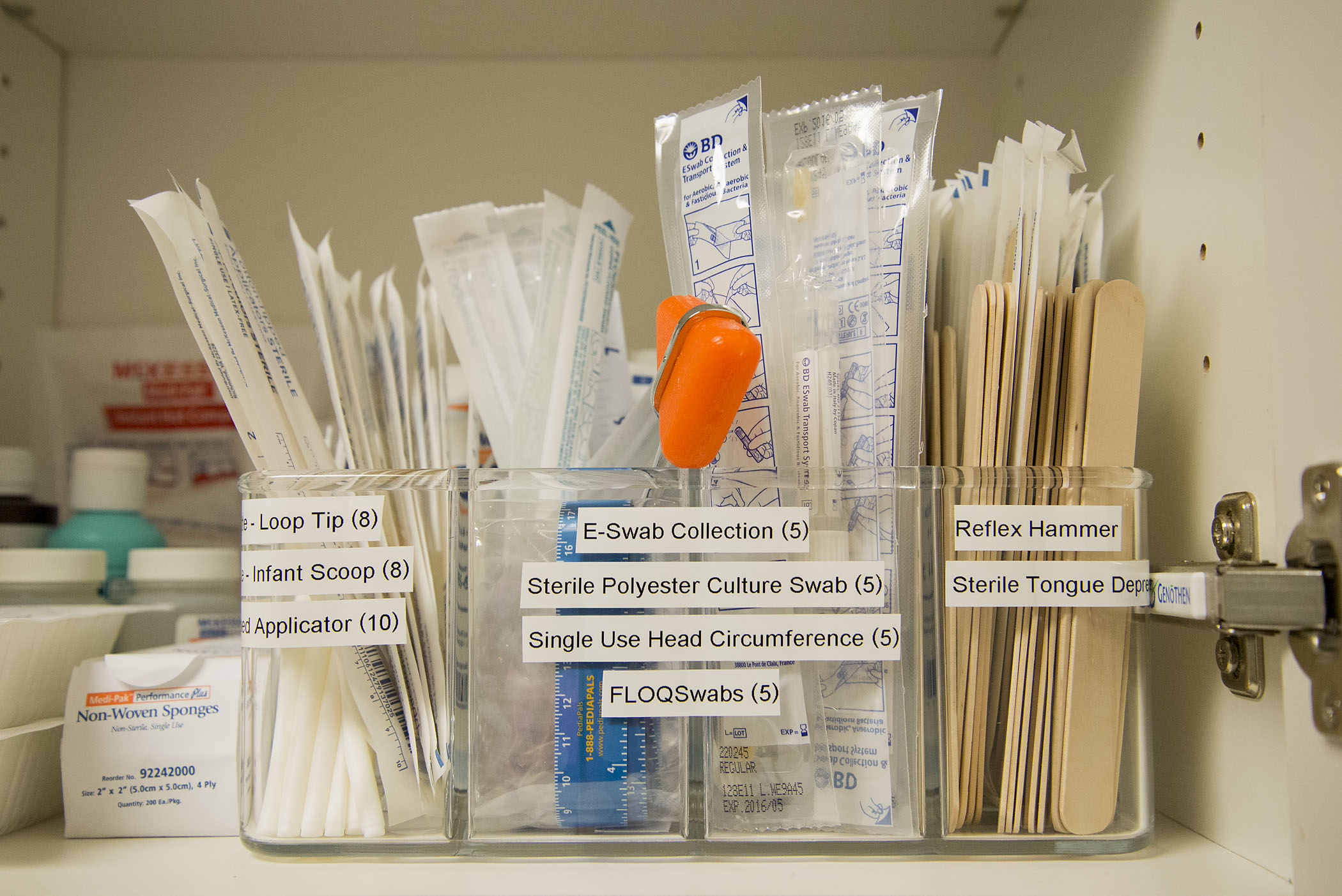ADMINISTRATOR
Alexis Rush, MCM
Manager, Education & Training Programs
rusha@uw.edu
Overview
This fellowship is designed for junior faculty seeking personalized mentorship and time to build skills in population health research methods. A wide range of methods and approaches are available to our fellows, including co-design and implementation and engagement with clinical, community, public health practice, and policy partners. The fellowship provides dedicated time to develop academic projects, foster collaborations, and hone a specific area of expertise within population health research.
Population Health Research fellows work with faculty in the Department’s Section of Population Health to pursue training in support of their career development goals. Population Health faculty have expertise in a range of areas, including addiction, climate change and health, global health, refugee/humanitarian health research, health services research, implementation science, and program evaluation, and most fellows pursue work that is aligned with faculty expertise.
Our expectation and commitment to our fellows are that, at the end of their fellowship, they will be able to design, conduct, and manage population health research projects independently; successfully compete for extramural research funding; integrate the knowledge of clinical emergency medicine practice and its role in the health care delivery and public health systems with appropriate research methods; and excel as a clinician-scientist in an academic emergency department
Core Components
Population Health Research Skills Development
Fellows participate in population health research training over the duration of their fellowship. Each fellow’s curriculum is tailored to the fellow’s prior experience and professional goals.
For fellows without previous master’s level training in public health or related fields, fellows are encouraged to pursue a master’s degree (MPH or MS) in one of the University of Washington School of Public Health graduate programs. For fellows with substantial prior training, then the fellowship director, the fellow’s mentor, and the fellow will work together to develop a bespoke curriculum incorporating relevant graduate-level coursework to support the fellow’s needs. All fellows are able to pursue coursework free of charge through tuition exemption.
Fellows will be expected to refine their teaching skills through regular participation in UW’s Emergency Medicine Residency curriculum and through regular meetings of the Population Health Section. Fellows will be expected to present three works in progress to the Population Health Section over the course of their fellowship. Fellows are also expected to take advantage of the abundant opportunities to learn about the innovative population health research happening across the UW health sciences.
Mentorship
Fellows are assigned a mentorship team including a primary mentor with subject matter expertise in the fellow’s primary area of interest, the Fellowship Director, and other faculty mentors from within or outside Emergency Medicine, as appropriate. This team has regular fellowship meetings designed to develop a career development plan, refine innovative research projects through peer and mentor feedback, track the fellow’s progress, and discuss specific methodological and population health issues.
Clinical Appointment
Population health research fellows will receive a faculty appointment at the UW School of Medicine. Fellows will have benefits commensurate with a faculty appointment at the University of Washington, including a tuition exemption as noted. Population health research fellows will work as attending physicians in one or of three emergency departments supported by the Department of Emergency Medicine, including the Harborview Medical Center, UW Medical Center at Montlake, and UW Medical Center at Northwest.
Program Objectives
The purpose of the fellowship program is to train clinician-scientists to become leaders at the intersection of population health and emergency medicine research.
The program objectives are:
- To work with fellows to develop their professional goals.
- To provide formal training in population health research methods and practice through a combination of didactic study and intensive individual mentorship sessions.
- To provide practical experience in project development and management.
- To develop expertise in institutional review board processes.
- To learn skills in manuscript development, grant writing, grant submission, and presentation of research findings to diverse audiences.
- To ensure integration into the activities of the UW Department of Emergency Medicine to facilitate understanding of research career tracks in academic emergency medicine.




